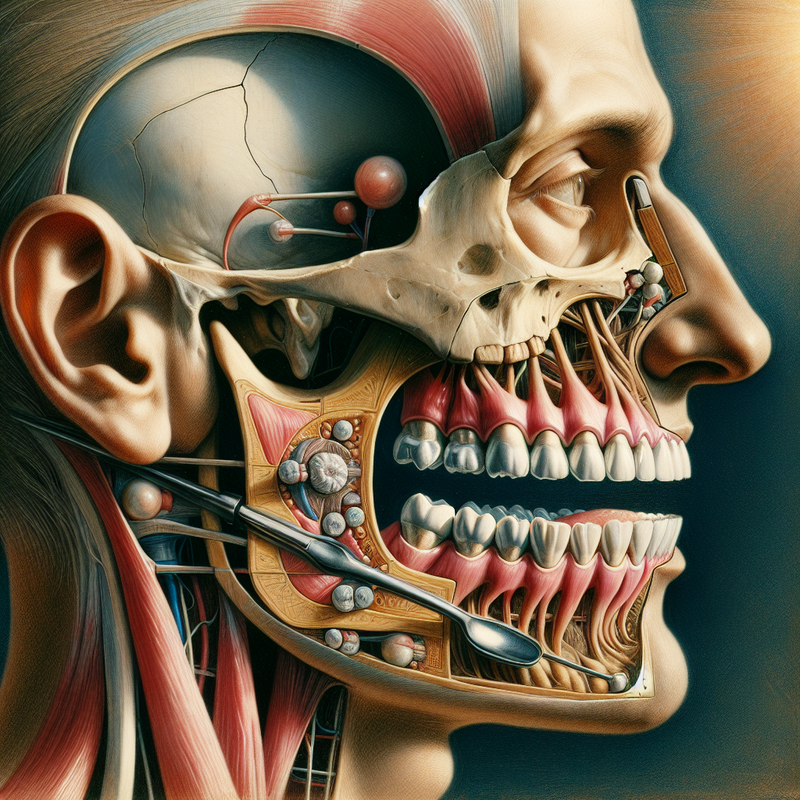Innovative Advancements Spearheaded By Esteemed Dental Professionals in Japan Have Given Rise to the Initiation of Human Testing Phases for a Pioneering Medication Aimed at Spurring the Growth of Teeth
These trials are taking place at Kyoto University Hospital and represent a monumental stride in the field of dental health.
Unlocking a New Era in Dental Restoration
The average person develops two sets of pearly whites during their lifetime. However, according to Katsu Takahashi, leading oral surgery expert at the Medical Research Institute Kitano Hospital in Osaka, a hidden potential for a third set exists within us. Takahashi and his colleagues are exploring an exciting pharmaceutical solution to awaken these dormant dental seeds. He regards this approach as exceptionally innovative.
In the preliminary studies encompassing mice and ferrets, the team achieved success by thwarting a specific protein known as USAG-1, effectively initiating tooth emergence. Following these promising outcomes, their research culminated in a publication last year, which supported the concept of using antibodies to promote the regeneration of teeth in rodents. This research supports the potential for such technology to address dental deficits in humans.
Assessing Safety and Prospects for Natural Tooth Restoration
As clinical trials began in the autumn, the initial focus was on adults with absent teeth to determine the drug’s safety profile. Although the principal aim of the trials is not explicitly to regenerate teeth, the prospect of such an occurrence could mean an unprecedented milestone in dental therapy. Takahashi candidly shares his excitement about the potential for such an outcome.
The trials expressly cater to individuals with a rare genetic condition that results in the absence of six or more teeth from birth, which afflicts an estimated 0.1 percent of the global populace. Takahashi is optimistic about the drug’s potential to improve the lives of these patients and is working toward making the treatment commercially accessible by the next decade.
Professor Angray Kang of Queen Mary University of London highlights the significant role of the Japanese researchers in this leading-edge realm. Moreover, Chengfei Zhang, who holds a clinical professorship at the University of Hong Kong, underscores the novelty of the concept of dormant tooth buds while cautioning that animal model results may not always be indicative of human outcomes.
Potential Benefits for Japan’s Senior Citizens
Should the trials yield positive results, it could dramatically improve the quality of life for Japan’s predominantly senior citizens, with a significant proportion of individuals aged 75 and beyond missing at least one tooth. Takahashi points to the potential for this technique to substantially prolong the span of a healthy life for many.







